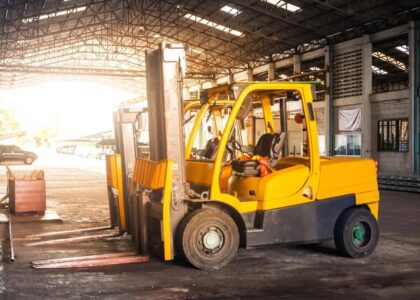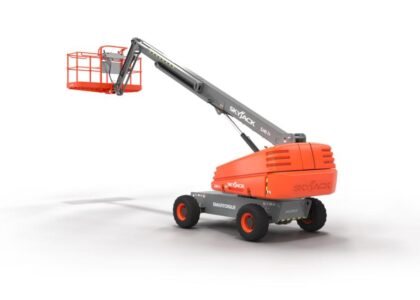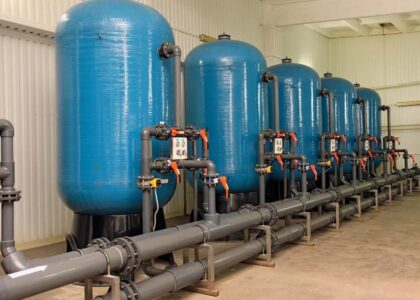In a world where quality reigns supreme, regular inspections in the manufacturing process are crucial. They not only ensure a high standard of goods but also contribute to the overall success of the business. This article delves into the advantages of routine production inspection.
The Essence of Regular Checks in Manufacturing
Production inspections, also known as manufacturing audits, play a vital role in maintaining the integrity of the product. By identifying potential issues early on, they save businesses from costly recalls and damaged reputations.
Moreover, these inspections ensure that the manufacturing process adheres to the set standards and regulations, thereby safeguarding the company against legal suits. Hence, implementing regular checks in your production line is an investment that yields significant returns.
Ensuring Product Quality Control
One of the most obvious benefits of regular inspections is ensuring product quality control. This practice helps keep an eye on the quality of raw materials, the manufacturing process, and the finished product. It ensures that every product leaving the factory meets the required quality standards, which in turn leads to customer satisfaction and loyalty.
Inspections also help identify any deviations early enough for corrective measures to be taken. This proactive approach prevents small issues from escalating into major problems that could significantly affect the quality of the end product.

Enhancing Efficiency and Effectiveness
Regular production audits provide insights into the production process, revealing areas that need improvement.
By streamlining operations and eliminating bottlenecks, inspections can reduce wastage and improve productivity. They also foster a culture of continuous improvement, encouraging innovation and creativity among employees.
Boosting Employee Morale and Safety
Regular inspections don’t just benefit the end product; they also create a safer, more positive working environment. By identifying and addressing safety hazards, they protect employees from potential accidents, boosting their morale and productivity.
Furthermore, inspections show employees that the company values their safety and well-being, leading to increased job satisfaction and reduced turnover.
Conclusion
Production inspection is more than just a compliance requirement; it’s a strategic tool for maintaining product quality, enhancing efficiency, and fostering a safe, positive work environment. While it may seem like an additional cost, the long-term benefits far outweigh the initial investment.
Therefore, instead of viewing inspections as a necessary evil, businesses should see them as an opportunity to improve their products, processes, and overall performance. After all, in today’s competitive market, quality and efficiency are not just desirable – they’re essential.






